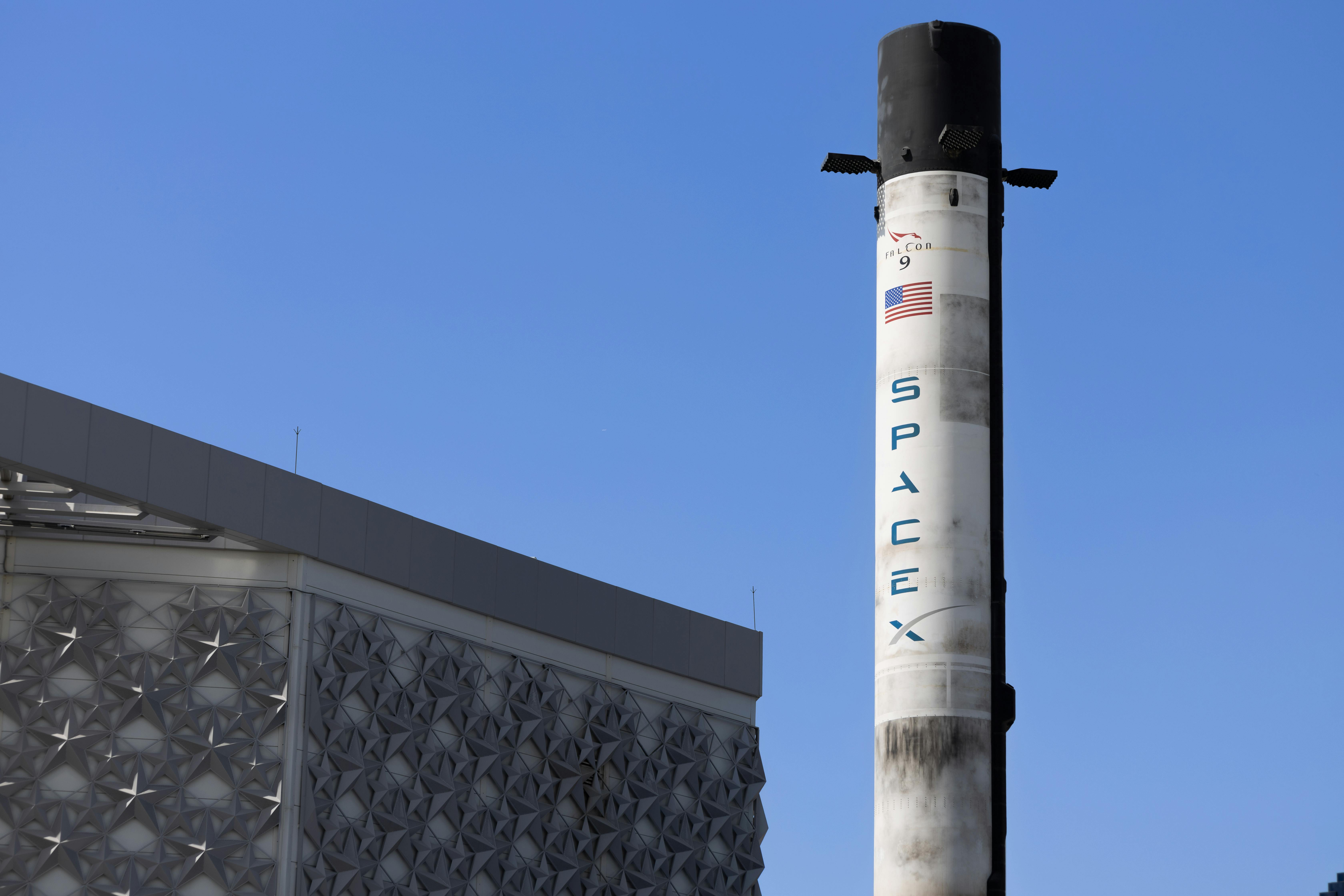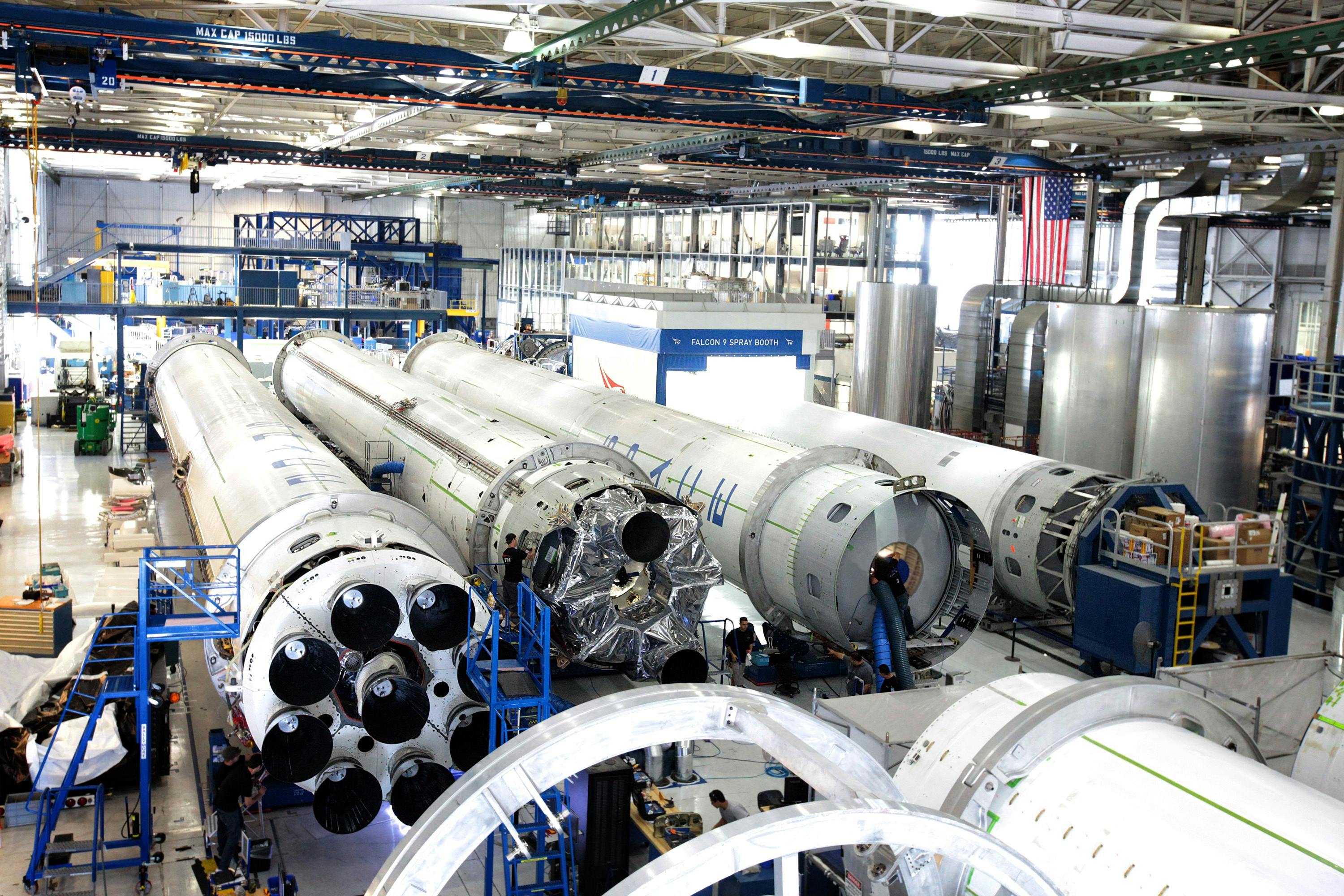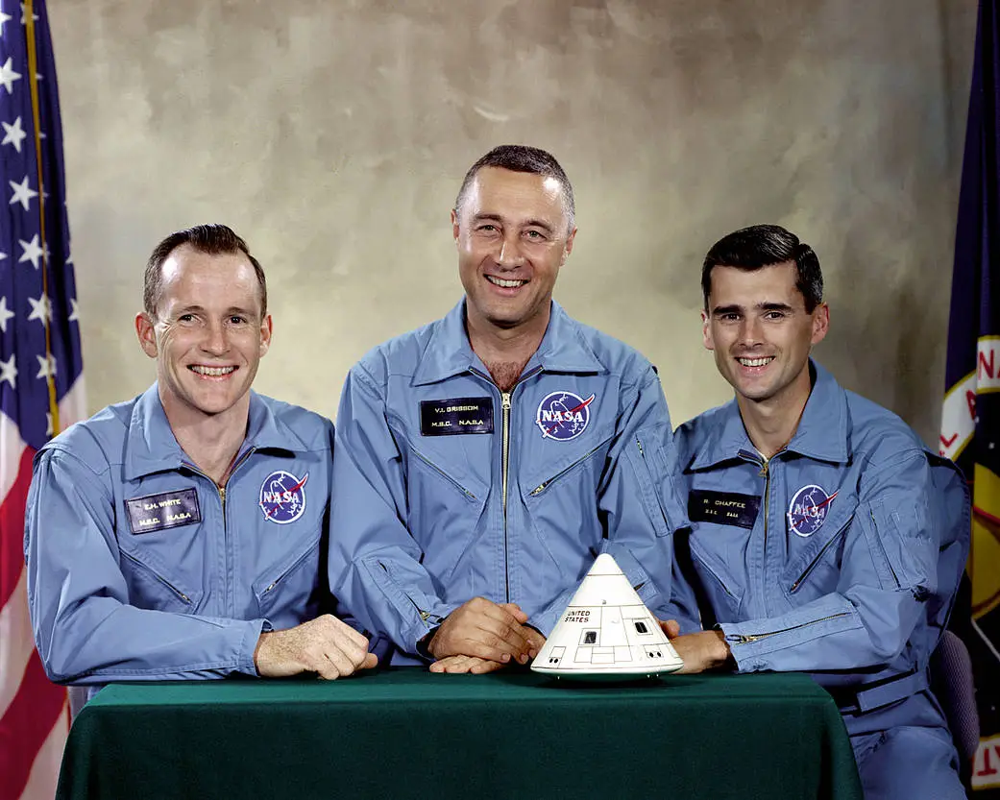· announcements · 4 min read
Enhanced Satellite Database and Search Engine
I have started a new satellite database that augments years of collected data with AI-driven insights. This is an exciting but evolving process.

Over the past few years, KeepTrack has grown into one of the most comprehensive satellite tracking platforms available. Now, I am taking it a step further with a new, heavily augmented satellite database that integrates AI to enhance and verify information. This is an exciting but evolving process, and I appreciate everyone’s patience as I refine this system.
Why the Change?
The biggest challenge in maintaining an accurate and up-to-date satellite database is the fragmentation of information. Different sources provide varying levels of detail, and some contain errors that persist for years. By leveraging AI, I can:
-
Enhance existing datasets with additional details scraped from the web.
-
Identify anomalies such as incorrect ownership data or improbable launch details.
-
Automate data summaries for quick insights into objects in orbit.
For example, I recently found the ISS marked as solely owned by the USA and a 1990s object listed as launched on a Falcon 9—both clear mistakes that need correction. By iterating through my database, I can catch these errors and improve accuracy over time.
The Role of AI & Automation
I am aware of the risk of error being introduced by AI, but there are a handful of benefits that outweigh the risk:
-
Speed – I can process dozens of websites in seconds to find details like manufacturer name, satellite bus, and power systems.
-
Translation – Many details about Chinese and Russian satellites are available online but require translation. AI quickly identifies a satellite’s mission based on its name, giving me a strong starting point for verification.
-
Parallelization – My workflow already generates summaries and trivia in seconds while I work on the next satellite. As I scale up, this will allow me to 5x or 10x my output. Additionally, I can deploy 2 or 3 models to perform quality control against similar satellites and previously downloaded data. Would I prefer to have real people helping with this? Sure—but I have yet to meet anyone willing to do this level of work for free.
I am using OpenAI’s models to help gather details on space objects, but this is just a jumping-off point—the AI-generated data will not be 100% correct, and I will manually verify and refine it. Additionally, I am expanding my automation and local AI capabilities by:
-
Using local large language models (LLMs) such as Llama 3.1 on Ollama to reduce reliance on costly cloud services.
-
Developing AI-powered tools to generate trivia, summarize satellite data, and detect inconsistencies in records.
-
Building a satellite search engine, which has already been successfully implemented as an early proof-of-concept.
Growing Pains & Next Steps
This transition will not be seamless, and there may be some growing pains as I refine the new system. However, I am keeping all previously collected data intact and can revert back quickly if needed. So far, the benefits are already clear, but there are a few key challenges:
Cost Constraints
Running high-quality AI models like GPT-4o for large-scale data processing is extremely expensive. At an estimated $0.08 per object, a full first-pass analysis of the entire catalog would cost over $5,000—which is not feasible given the vast number of objects, including thousands of nearly identical Starlinks and debris.
To manage costs while maintaining quality, I am:
-
Manually processing new objects and payloads using my ChatGPT subscription to ensure accuracy.
-
Expanding n8n automation to integrate local AI models, significantly reducing expenses over time.
Community Involvement & Fundraising Plans
For now, I am funding this effort personally and will continue optimizing automation to reduce costs. However, as the project grows, I may need to introduce minor fundraising or donation options to support expansion. If demand continues to increase, I may also explore a contributor model where interested users can help verify and refine data. Additionally, I am working on improving data caching and offloading more data maintenance tasks onto my home computer to reduce server costs and improve efficiency.
The Future of KeepTrack
I am incredibly excited about this next step in making KeepTrack the most complete and freely accessible satellite database available. This AI-enhanced approach has already shown its value, and as automation improves, the database will become even more robust and accurate.
Thank you all for your support! If you have feedback or want to help, feel free to reach out. I look forward to continuing to build the best satellite tracking tools anywhere on the interent.

Theodore Kruczek





